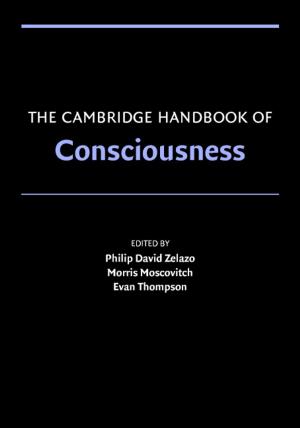Understanding Autobiographical Memory
Theories and Approaches
Nonfiction, Health & Well Being, Psychology, Cognitive Psychology| Author: | ISBN: | 9781139579377 | |
| Publisher: | Cambridge University Press | Publication: | September 27, 2012 |
| Imprint: | Cambridge University Press | Language: | English |
| Author: | |
| ISBN: | 9781139579377 |
| Publisher: | Cambridge University Press |
| Publication: | September 27, 2012 |
| Imprint: | Cambridge University Press |
| Language: | English |
The field of autobiographical memory has made dramatic advances since the first collection of papers in the area was published in 1986. Now, over 25 years on, this book reviews and integrates the many theories, perspectives, and approaches that have evolved over the last decades. A truly eminent collection of editors and contributors appraise the basic neural systems of autobiographical memory; its underlying cognitive structures and retrieval processes; how it develops in infancy and childhood, and then breaks down in aging; its social and cultural aspects; and its relation to personality and the self. Autobiographical memory has demonstrated a strong ability to establish clear empirical generalizations, and has shown its practical relevance by deepening our understanding of several clinical disorders - as well as the induction of false memories in the legal system. It has also become an important topic for brain studies, and helped to enlarge our general understanding of the brain.
The field of autobiographical memory has made dramatic advances since the first collection of papers in the area was published in 1986. Now, over 25 years on, this book reviews and integrates the many theories, perspectives, and approaches that have evolved over the last decades. A truly eminent collection of editors and contributors appraise the basic neural systems of autobiographical memory; its underlying cognitive structures and retrieval processes; how it develops in infancy and childhood, and then breaks down in aging; its social and cultural aspects; and its relation to personality and the self. Autobiographical memory has demonstrated a strong ability to establish clear empirical generalizations, and has shown its practical relevance by deepening our understanding of several clinical disorders - as well as the induction of false memories in the legal system. It has also become an important topic for brain studies, and helped to enlarge our general understanding of the brain.















